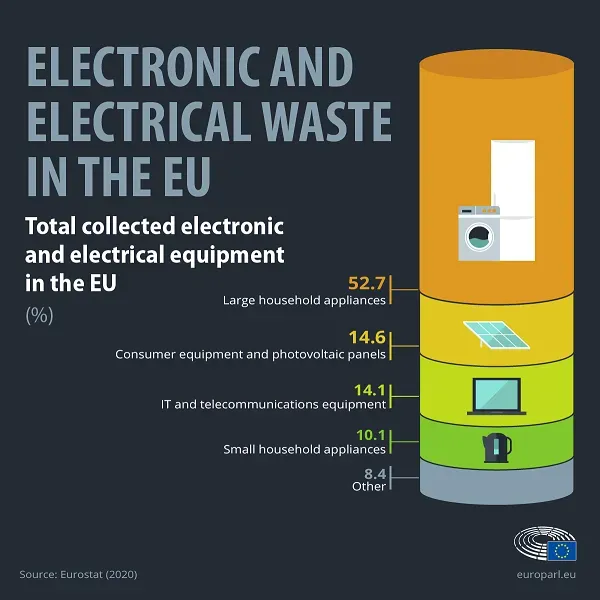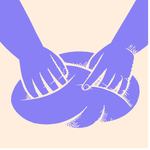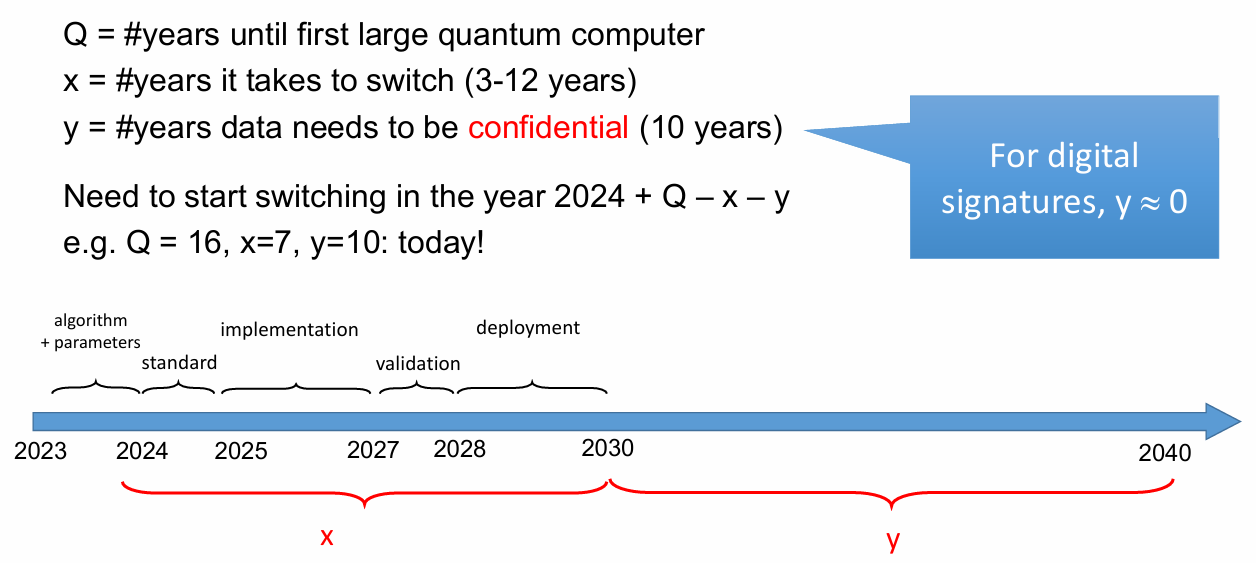The news about the new Galaxy S21+ instruction manual published by Samsung, together with Apple’s ‘repairability’ scores for iPhone and MacBook added on the French online store, forced to do so in order to comply with the ‘repairability index’ law, adopted in France at the beginning of this year, has drawn attention on a very important topic, yet not as highlighted as it should be. I am talking about E-Waste, a vital issue both for the race against climate crisis and for the research on more ethical, inclusive and sustainable economic models.
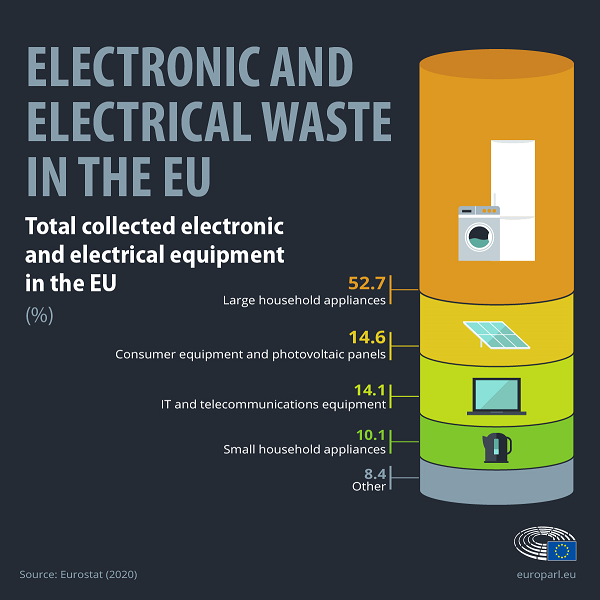
Where does all this come from?
It has been announced on the ICTworks.org website, an international community of professionals dedicated to the ICT4D:
Digital technologies are part of the climate crisis problem.
It also seems to be the most quickly growing issue, as the European Parliament communicates on its website.
There are many reasons causing this problem, among others:
- the tendency of replacing the products rather than repairing them, both on an individual and on an enterprise level;
- software upgrades that force the use of higher performance hardware, sometimes called ‘planned obsolescence’;
- problems related to the high consumption of electricity required by the raising number of connected items, together with the amount of data we are continually saving ‘in the cloud’, which let’s admit, too often include emails and data not archived, hundreds of photos, selfies and videos that we will never have the time to watch again … and who knows how many other things forgotten ‘online’.
The COVID-19 pandemic has accelerated this already increasing problem, pushing businesses, families and institutions to adapt to remote activities, like smart working and online schooling, mostly by buying new products.
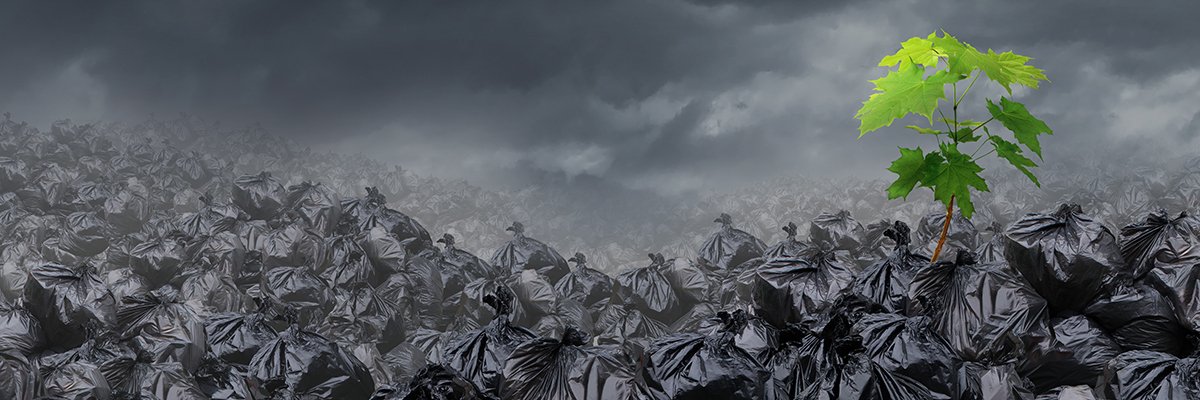
What does Europe do?
The European Union is monitoring the problem and:
‘In February 2021, the Parliament adopted a resolution on the new circular economy action plan demanding additional measures to achieve a carbon-neutral, environmentally sustainable, toxic-free and fully circular economy by 2050, including tighter recycling rules and binding targets for materials use and consumption by 2030.’
There are several running projects tackling the circular economy models. One is the Reflow project for which Dyne.org is developing new free and open source software tools to create and manage a ‘Material passport’ of reusable assets: a sort of digital passport for materials used in different sectors, which will facilitate the transparency and efficiency of the production processes along with the recovery and reuse of the resources.
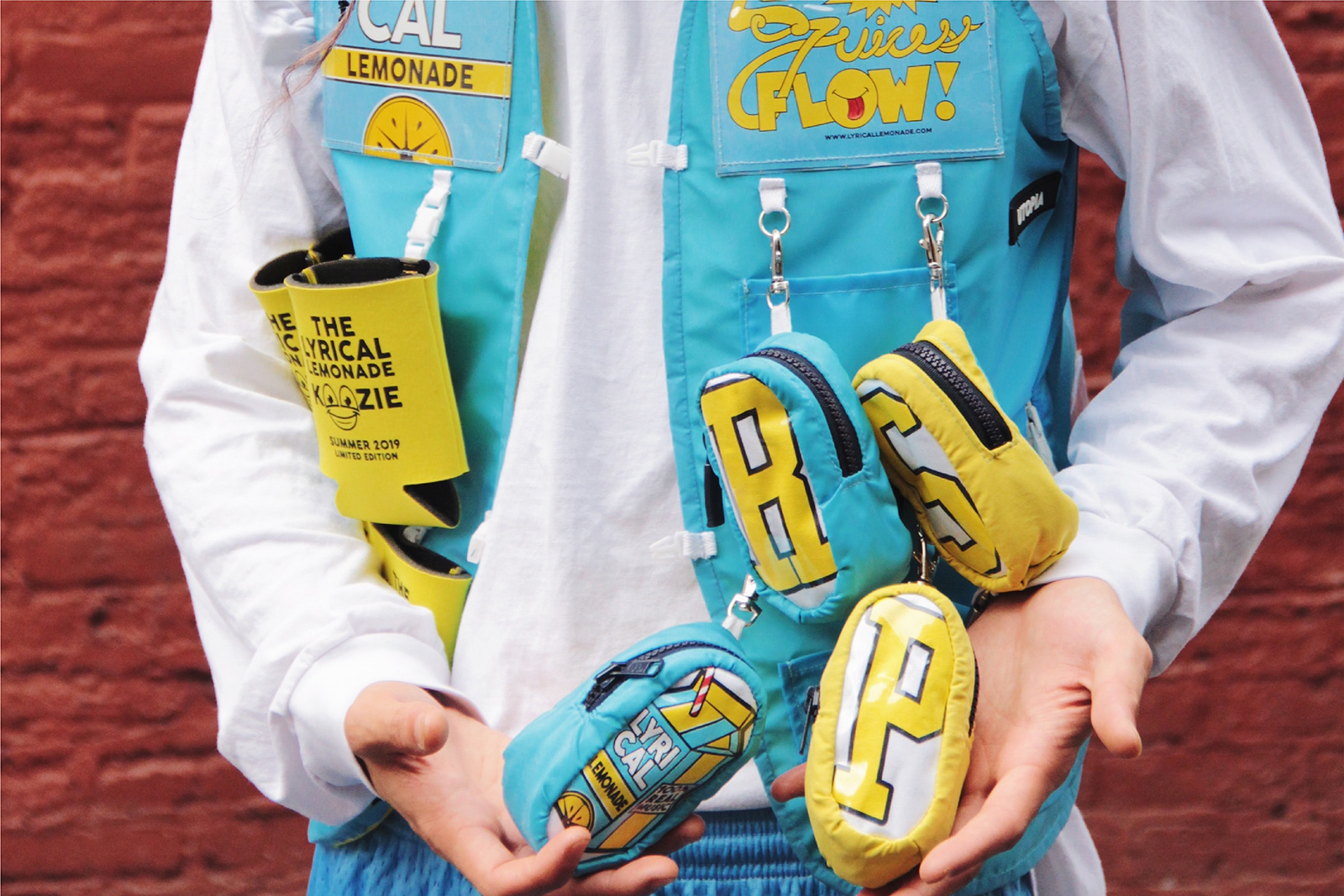
With the ambitious plan dedicated to the European Green Deal, the number of projects and solutions funded to face these challenges will continue to grow while we are already in an emergency situation and we must all act immediately.
What can we do?
Each of us can try to understand more about the problem, the possible solutions and also understand how to change habits, because have no doubt: the decisions we make as users and consumers (sometimes called ‘vote with your wallet’, meaning through the choice of the purchase) influence companies and legislators, as the adoption of the “repairability index” law in France demonstrated.
At an individual level, one of the most well-known online petitions demanding ‘the Right to Repair’ can be sign both as citizens and as organizations :

On a local level, before deciding to replace a product one can look for different options such as repair and reuse courses or search for small local stores that can fix the items. The Restart project organizes ‘parties’ all over Europe where one can bring the broken products and try to repair them, guided by trained volunteers. They are also continually looking for new hosts for these parties that can be local bars or local organizations. The project Refurbish Ninja goes beyond recycling to teach youngs and adults how to repair and refurbish devices. And if you look around yourself you may find one!
This could be a way to support the local economy and at the same time show more respect to the Planet and to the future generations. Let’s fight for a #SystemChangeNotClimateChange !
Tune in to the discussion 💬
(These services are bridged: join your favorite and reach them all)
🗨️ Matrix
🗨️ Telegram
🗨️ Discord
Support Dyne 🫱🏿🫲🏾
🪙 Bitcoins: bc1qz9wz2f9swcefra2tfrhk4fx49evqsv03m9nx4l
☕ Ko-Fi
🍴 Github.com
🧁 LiberaPay
🍥 Patreon.com
Follow Dyne.org 🗞️
Social Media everywhere!
🐘 Mastodon
🎬 Peertube
🐭 Lemmy
📸 Instagram
🐦 Xitter
👔 Linkedin
🪞 Facebook
✍️ Medium

